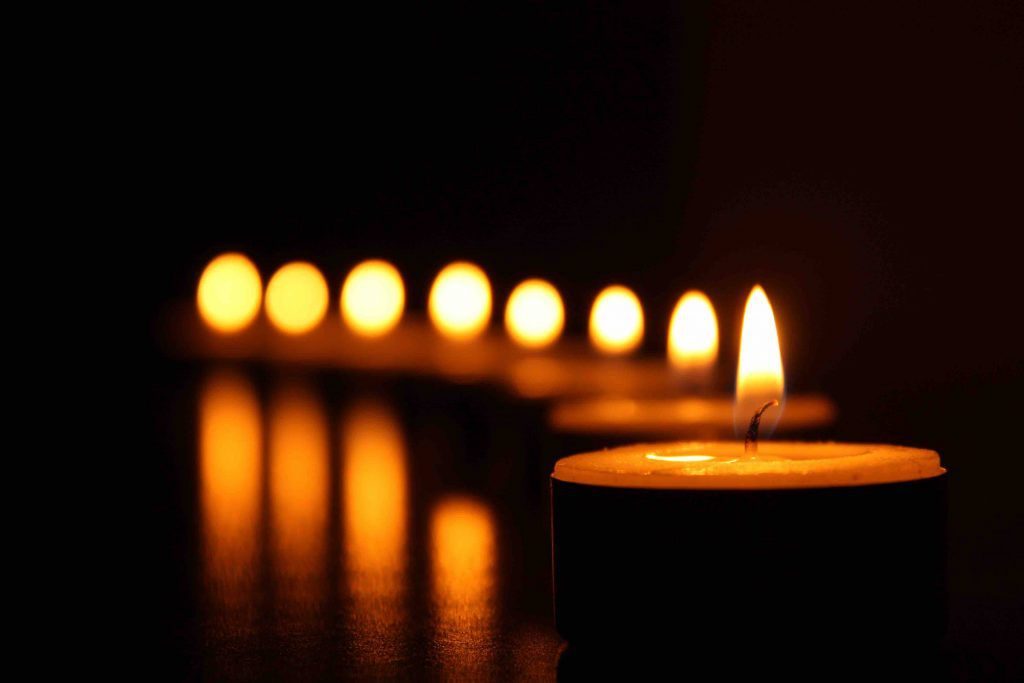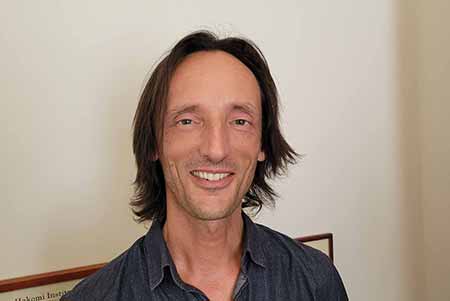In answer to What is mindfulness? Google’s dictionary has this to say:
mind·ful·ness
noun: mindfulness
- the quality or state of being conscious or aware of something.
- a mental state achieved by focusing one’s awareness on the present moment, while calmly acknowledging and accepting one’s feelings, thoughts, and bodily sensations, used as a therapeutic technique.
That’s a pretty good start, but in a way we are pointing to something indefinable. A finger pointing to the moon is not the moon! To me, mindfulness is an amazing way of becoming more present to your own life, of savouring each moment rather than letting the days and weeks go by in a blur. It is also very useful as a way of dealing with triggering situations, by giving you the space not to overreact and do something you regret. In therapy, it is very helpful to allow us to study what is happening, to process things and to come into contact with our core wounds in a way that helps us to heal them.
The human mind likes labels and definitions, so I have gathered some of my favourite answers to the question what is mindfulness from people who have delved deeply into mindfulness and meditation:
Quotes:
Lets start with Jon Kabat-Zinn one of the founders of mindfulness research:
“Mindfulness is “paying attention in a particular way: on purpose,
in the present moment, nonjudgmentally.”
Hakomi Institute:
“Mindfulness means looking inward, being aware of feelings and sensations in this present moment,”
Tara Brach:
“Mindfulness is a way of paying attention moment-to-moment to what’s happening within and around us without judgment. So, said differently, when we attend to the moment-to-moment flow of experience, and recognize what’s happening…fully allowing it, not adding judgment or commentary, then we are cultivating a mindful awareness.”
Expressed more poetically, by Stephen Rechtshaffen:
“Mindfulness doesn’t take time, it gives it.
It’s when we slow down that we show up.”
Jon Kabat-Zinn:
“Arthur Rubenstein was once asked ….. ‘How do you handle the notes as well as you do?’ The pianist answered, ‘I handle the notes no better than many others, but the pauses – ah! That is where the art resides.’
When you are immersed in doing without being centred, it feels like being away from home. And when you re-connect with being, even for a few minutes, you know it immediately. You feel you are at home, no matter where you are and what problems you face.”
How does it feel to be mindful? Delightful!
What is the difference between meditation and mindfulness? They are often confused.
Meditation shares a lot of ground with mindfulness, but the emphasis is more on simply being present as awareness, as loving presence, rather than being present with your experiences which mindfulness focuses on.
Osho:
“Meditation is just to be, not doing anything – no action, no thought, no emotion. You just are. ….
It is very simple – a totally relaxed state of consciousness where you are not doing anything. The moment doing enters you become tense; anxiety enters immediately. How to do? What to do? How to succeed? How not to fail? You have already moved into the future. …
Meditation starts by being separate from the mind, by being a witness. That is the only way of separating yourself from anything. If you are looking at the light, naturally one thing is certain: you are not the light, you are the one who is looking at it. ….
Meditation is just being delighted in your own presence; meditation is a delight in your own being.”
And finally, mindfulness and mediation both become part of daily life, of who you are, as Eckhart Tolle says:
“Make the Now the primary focus of your life. Whereas before you dwelt in time and paid brief visits to the Now, have your dwelling place in the Now and pay brief visits to past and future when required to deal with the practical aspects of your situation.”
For suggestions of mindfulness practices check this article, or book in for an appointment.



 Ajay Hawkes
Ajay Hawkes

